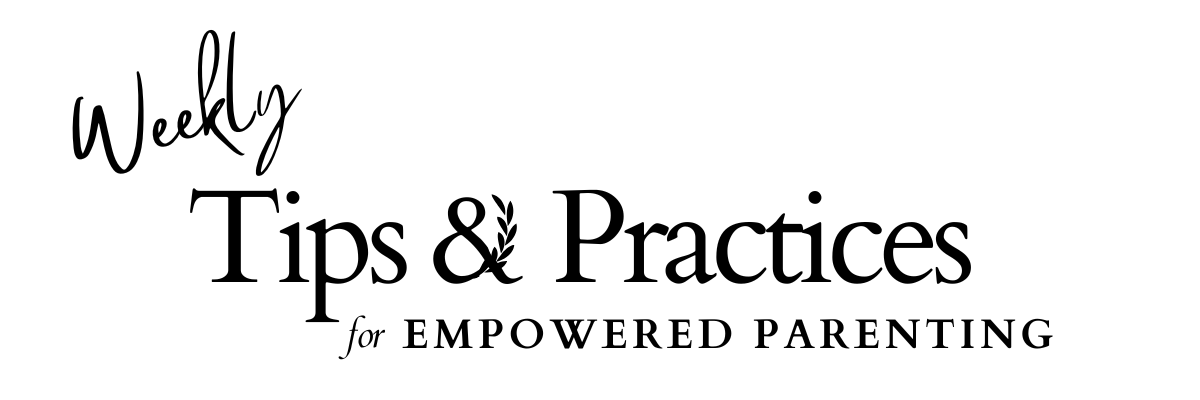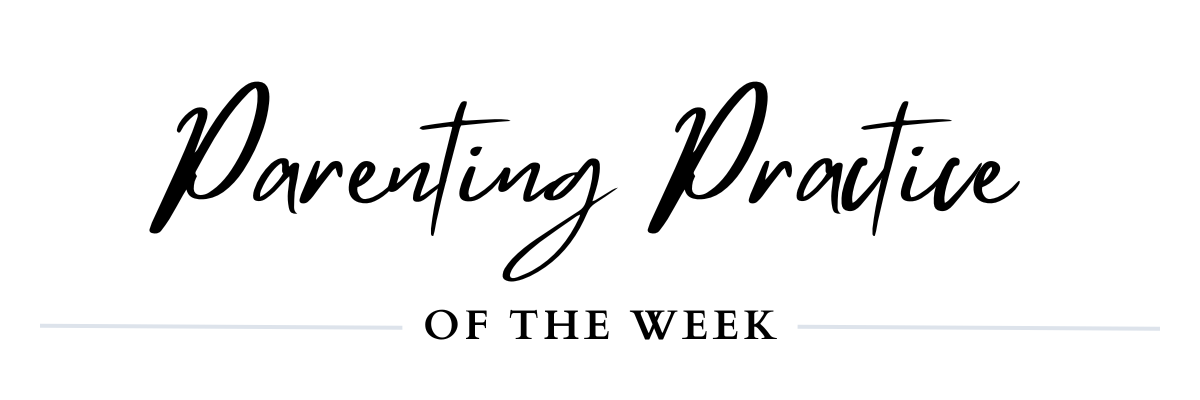Honest > perfect

As parents, we spend so much energy trying to get it “just right.”
The right rhythm. The right words. The right school. The perfect balance of freedom and structure.
We tweak, research, and rearrange… hoping we’re building the best possible foundation.
But what if it isn’t really about the package?
What if what shapes our kids most isn’t what we offer, but how we hold it?
- How flexible we are when plans change.
- How honest we are when something isn’t working.
- How we show up, when we are messy, real, or still trying… with warmth and humility.
This doesn’t mean making our children responsible for our struggles.
It means letting them see that being human is allowed. That mistakes happen. That repair is possible.
Good parenting isn’t about getting it all right.
It’s about staying close. Even when things fall apart.
Because what shapes our children most isn’t the perfect plan.
It’s witnessing us hold life with honesty, self-forgiveness, and love.

Let Your Realness Show
Next time you feel the urge to hold it all together, pause and ask:
What would it look like to be honest here, instead of perfect?
Honesty doesn’t mean oversharing or putting your emotional weight on your child.
It’s about allowing a small, warm truth to come forward.
It might sound like:
- “This morning has been hard. I’m taking a breath, and then I’ll help you.”
- “I was rigid just now. I want to try again from a softer place.”
- “That wasn’t fair for me to snap. That’s mine, not yours.”
- “I made a mistake. I’m still learning, too.”
Moments like these help children feel safe. Not because we’re perfect, but because they can trust our honesty.
Why It Works:
Kids don’t just listen to our words. They feel our state.
When what we say doesn’t match what we’re feeling, they sense the mismatch in their bodies.
That’s why “performative calm” feels off.
It looks peaceful, but it doesn’t feel safe.
A small, regulated truth restores clarity. It helps their nervous system settle because what they see matches what they feel.
And in that congruence, they don’t feel responsible.
They just feel held.
This is how trust is built. Not through perfection, but through presence, coherence, and honesty.
Through the Coach Lens:
Many parents come to coaching wanting tools to regulate their kids.
But often, what’s most needed is support in regulating themselves, especially in the messy, “I got it wrong” moments.
As coaches, we can help parents explore:
- “What did your child really need to know in that moment?”
- “What part of you felt pressure to hold it all together?”
- “How might honesty have created more safety than control?”
The shift from performance to presence, from shame to self-compassion, isn’t just a script.
It’s a transformation in how parents relate to themselves and to their children.
Your child doesn’t need perfection. They need your presence, honesty, and willingness to stay close while being fully human.
That’s what builds trust.
That’s what lasts.
That’s what teaches them how to be with themselves.
Share This Article:
Curious for more?














